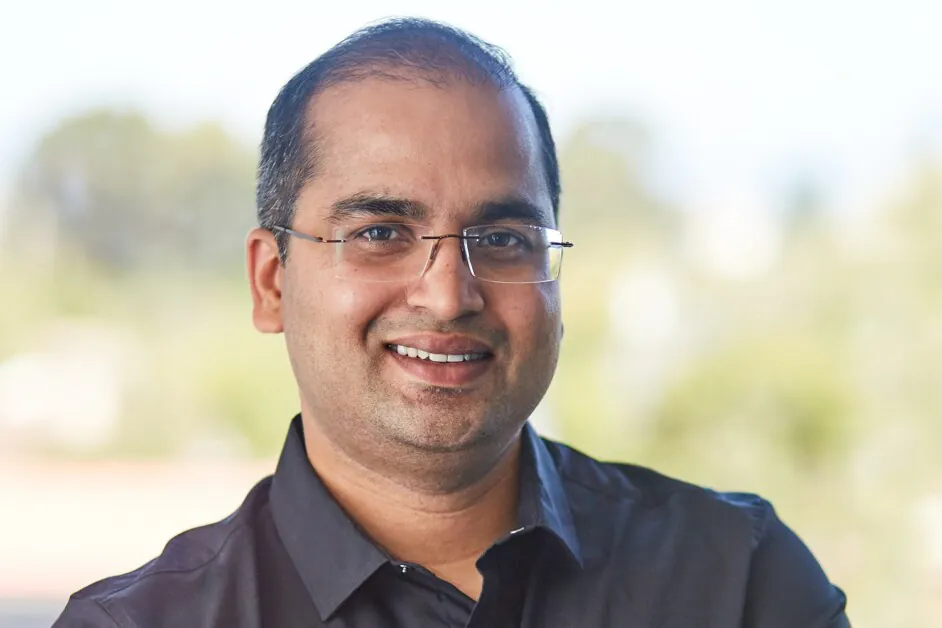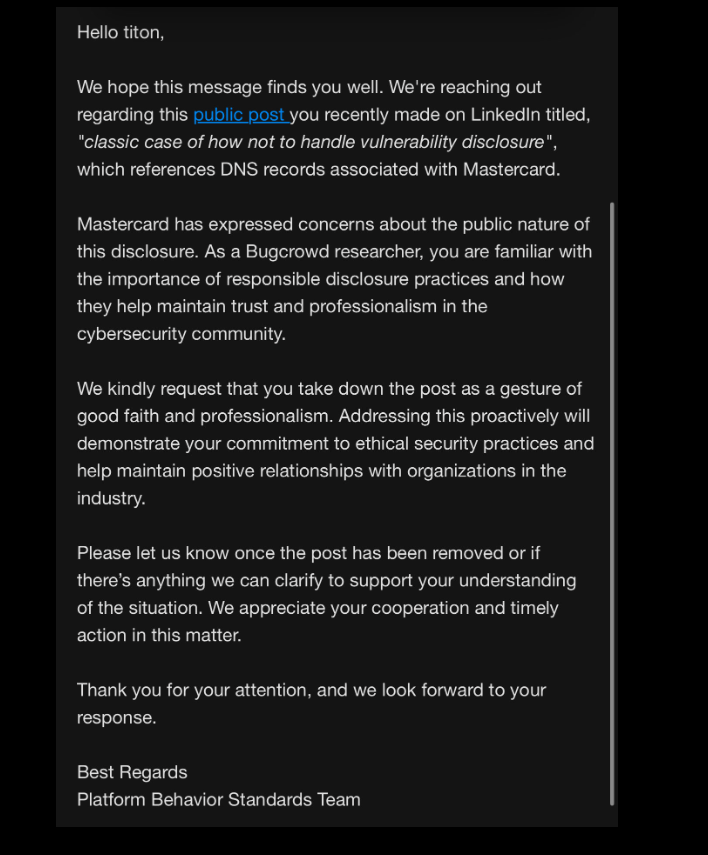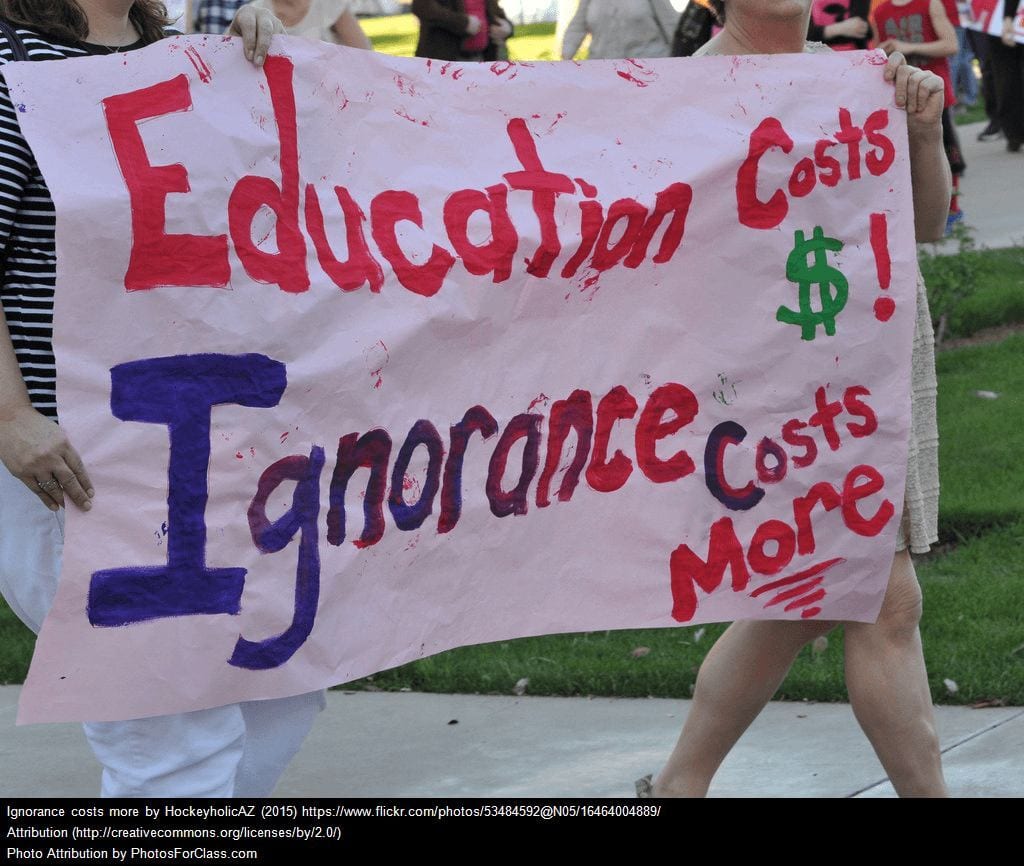Keeping The Dream Alive in Education
MLK's vision for education: empowerment, equity, and a just society. Explore how education is such a powerful tool for societal change. The post Keeping The Dream Alive in Education appeared first on Getting Smart.

As we honor Dr. Martin Luther King Jr. on this day, we are reminded of his profound words:
“The function of education, therefore, is to teach one to think intensively and to think critically. But education which stops with efficiency may prove the greatest menace to society. The most dangerous criminal may be the man gifted with reason, but with no morals.”
Dr. King’s vision for education transcended traditional notions of learning. For him, education was not just about knowledge—it was about empowerment, equity, and fostering a just society. His dream of equality and justice continues to resonate, particularly in education, where systemic inequities still limit opportunities for many students.
At Getting Smart, we are committed to advancing equity and innovation in learning, recognizing that education remains a powerful tool for societal change.
Dr. King’s Vision of Education for Social Justice
Dr. King believed education could be a transformative force in dismantling injustice. In his 1947 article, The Purpose of Education, he wrote:
“We must remember that intelligence is not enough. Intelligence plus character—that is the goal of true education. The complete education gives one not only power of concentration, but worthy objectives upon which to concentrate. The broad education will, therefore, transmit to one not only the accumulated knowledge of the race but also the accumulated experience of social living.”
This insight highlights the dual responsibility of education: developing critical thinkers while cultivating empathy and moral character. Today, as we navigate complex issues in education, these values remain foundational to creating equitable learning environments.
“The function of education, therefore, is to teach one to think intensively and to think critically. But education which stops with efficiency may prove the greatest menace to society. The most dangerous criminal may be the man gifted with reason, but with no morals.”Martin Luther King Jr.
Last year, during our Black History Month campaign, Byron Sanders, a leader and advocate for equity, lent his voice to Getting Smart and shared a deeply personal and moving narrative about how Dr. King inspired him. He reflected on the immense sacrifices Dr. King made, highlighting:
“Dr. King’s first mugshot number in Montgomery was 7089. He would be arrested 28 more times. He was stabbed in the heart with a letter opener. He was hospitalized multiple times just from sheer exhaustion. His home was bombed. All before he was killed as what we’d today call a ‘young professional.’”
Sanders’ reflection reminds us of the cost of progress and the unwavering belief Dr. King held in justice and equality. These sacrifices serve as a powerful reminder that achieving systemic change requires courage, resilience, and collective action.
Dr. King’s words from The American Dream amplify this call for equity:
“It is a trite yet urgently true observation that if America is to remain a first-class nation, it cannot have second-class citizens.”
In this speech, delivered on July 4, 1965, Dr. King emphasized that the promise of America cannot be fulfilled while systemic inequities persist. His vision challenges us to ensure that every child, regardless of race, zip code, or socioeconomic status, has access to quality education and the opportunity to thrive.
Bending the Moral Arc
We often hear Dr. King’s hopeful refrain:
“The arc of the moral universe is long, but it bends toward justice.”
But as Sanders poignantly observed in his narrative:
“The moral arc is indeed long, and it does bend toward justice. But it ain’t gonna bend itself. Somebody’s gonna have to bend it.”
Justice, like education, requires intentionality. Progress in our schools and communities isn’t inevitable—it takes work, courage, and sacrifice.
At Getting Smart, we see this work as an urgent priority. Resources like “Emancipating Equity for Learning Justice” and “Getting Through: Being an Equity-Focused Leader” offer actionable strategies for leaders to address systemic inequities and reimagine education as a tool for empowerment and equity.
Honoring Dr. King Through Action
To honor Dr. King’s legacy, we must move beyond reflection to action. This means working to ensure our education systems dismantle barriers, empower students, and reflect the justice Dr. King envisioned.
In our podcast episode, “Caroline Hill on Black Next Story Month and EquityXDesign,” we explore how design thinking can be leveraged to build equitable systems. These conversations remind us that equity is not just a goal but a practice that requires sustained commitment.
What Does MLK’s Dream Look Like in Today’s Classrooms?
Dr. King’s dream was deeply rooted in education, justice, and opportunity. As we honor his legacy this year, we invite you to join the conversation:
What does keeping Dr. King’s dream alive in today’s classrooms look like to you?
Together, let’s ensure that education continues to be a tool for equity, empowerment, and transformative change.
The post Keeping The Dream Alive in Education appeared first on Getting Smart.
What's Your Reaction?






























.jpg?width=1920&height=1920&fit=bounds&quality=80&format=jpg&auto=webp#)




















































